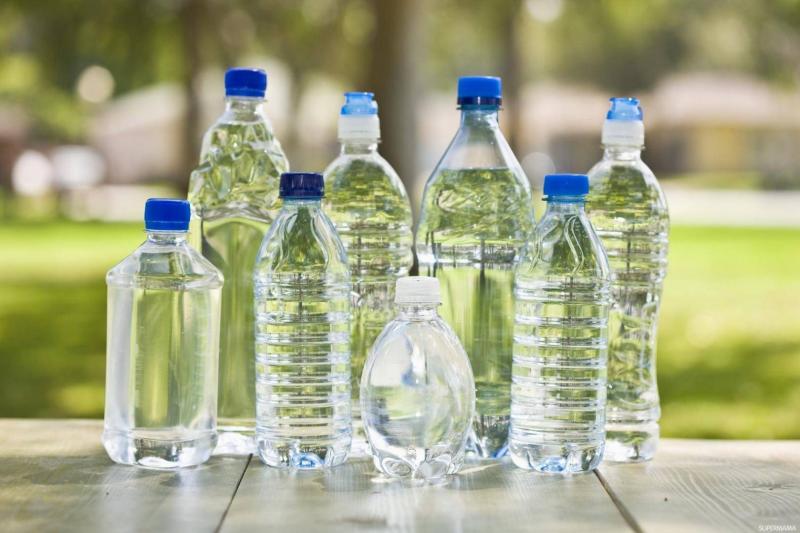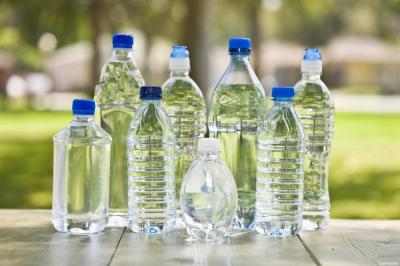A new study has found direct evidence linking one of the main chemical components of plastic water bottles to an increased risk of developing type 2 diabetes. According to the British newspaper "The Independent," the study discovered that the chemical "BPA," used in the production of food and drink containers, including plastic water bottles, can reduce insulin sensitivity, which regulates sugar metabolism in the body (burning it and converting it to energy).
The study involved 40 adults divided into two groups; the first group received about 50 micrograms per kilogram of body weight of BPA daily, while the second group received a placebo. This dosage of BPA is currently classified as safe by the U.S. Environmental Protection Agency (EPA). Researchers found that those who were given BPA experienced a significant decrease in their insulin sensitivity after four days, whereas this change was not observed in the placebo group.
Researchers warned that "these results suggest that the safe dosage of BPA established by the EPA may need to be reconsidered, and they highlight the need for caution regarding the overconsumption of plastic water bottles." Plastic bottles are prevalent worldwide, but there is a growing body of research raising concerns about the health effects of their chemical components.
Another study published recently warned of toxic compounds released by plastic water bottles when exposed to sunlight, which could harm human health. In this study, researchers analyzed volatile organic compounds emitted from six types of plastic water bottles when exposed to the sun. The results showed that all of them released a complex mixture of organic compounds, such as alkanes, alkenes, alcohols, and aldehydes, with significant variation in the composition and concentration of compounds among different bottles. They also found that the bottles released highly toxic volatile organic compounds, including carcinogenic substances, highlighting serious health risks.




